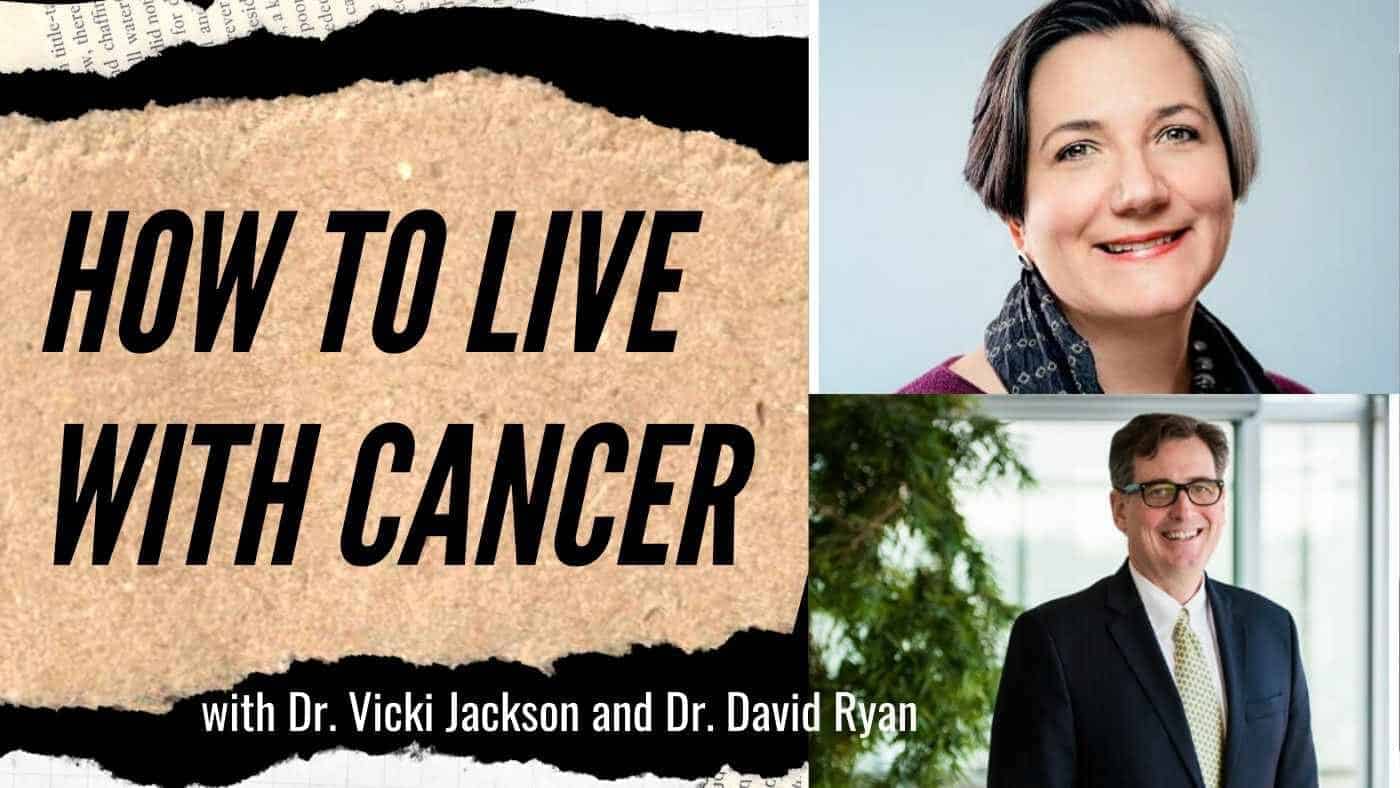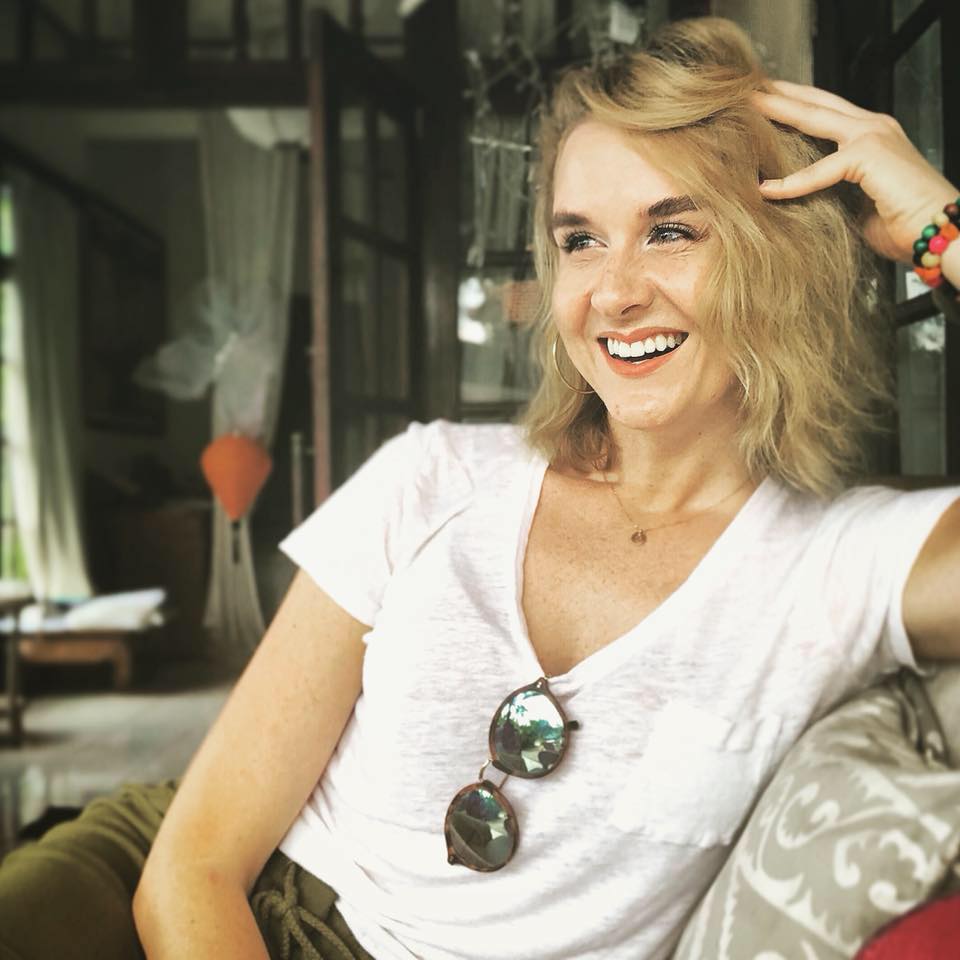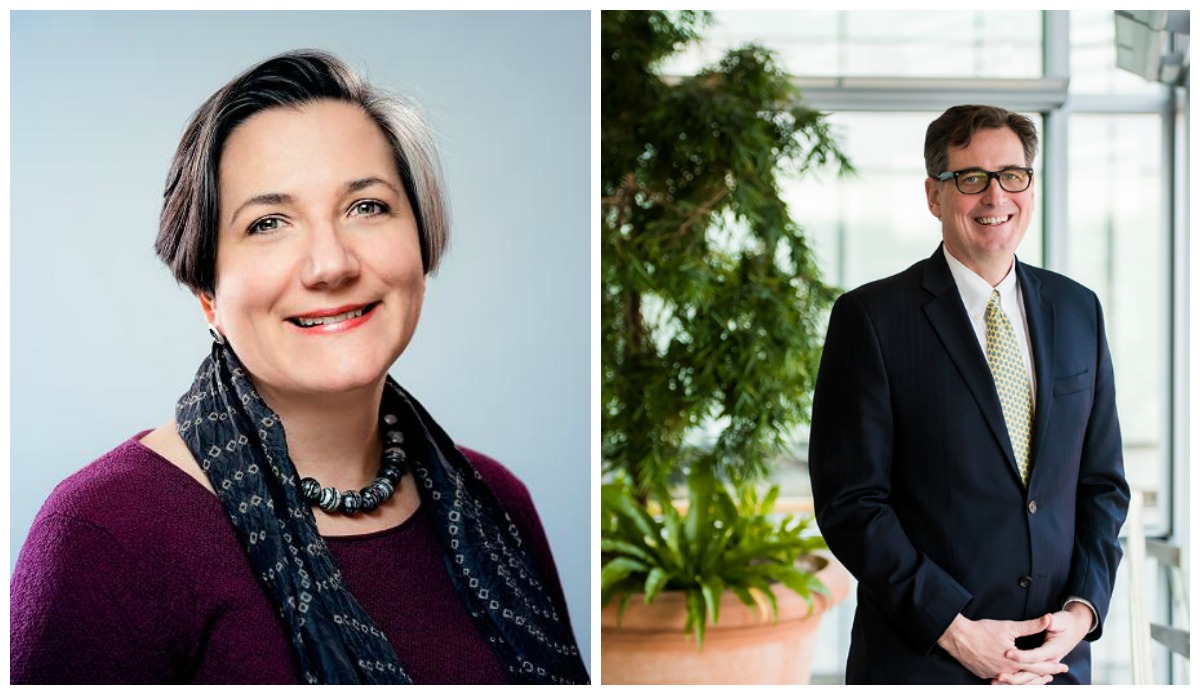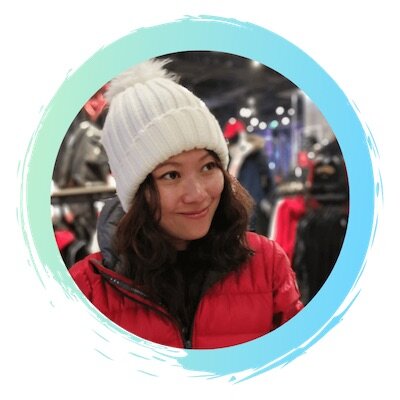Dr. Vicki Jackson and Dr. David Ryan Share Their New Book: Living With Cancer (#129)
Our Guest Today: Dr. Vicki Jackson and Dr. David Ryan
We are releasing this episode to celebrate the National Hospice and Palliative Care Month – “It’s about how you live” is the theme for the new outreach materials for November 2017, also for use all year long.
About Our Guests:

Dr. Vicki Jackson is the Chief of Palliative Care at Mass General Hospital (MGH), and Dr. David Ryan is the Chief of Hematology and Oncology at MGH. Together, they authored a book called Living with Cancer, published by the Johns Hopkins University Press. This book is A Step-by-Step Guide for Coping Medically and Emotionally with a Serious Diagnosis.
Dr. Jackson appeared on an earlier episode of Feisworld and shared a conversation that has helped hundreds of people living in despair. She taught us that Palliative care isn’t only helpful to doctors, patients, caregivers but also for everyone.
Today, we have double downed on the palliative care knowledge with another world-class expert in oncology. Dr. Ryan is joining the forces to bring you a new understanding of how people can live with cancer.
We uncover the impact of cancer on people’s intimate lives, and we are able to use simple gestures to express the love for one another.
We Rethink Cancer as a Partnership Rather Than a Battle for Patients and Their Families.
What if we no longer talk about cancer in terms of winning or losing? How will our perspectives and quality of life change?
If you do learn something from this episode, please help share with others via social media, or a direct email to a family or a friend. Joining me today on the show is Adam Leffert, our associate producer whom you’ve heard from in some of the previous episodes. Adam’s father, Dr. Robert Leffert, was the former chief of the MGH Department of Rehabilitation Medicine. He later became a patient of Dr. Jackson.
Watch Our Interview
Show Notes
- [05:00] How and why did you choose each other to co-author this book?
- [09:00] How is the book trying to be a resource to people/patients/families (who have been relying on Google for symptoms, diagnosis, treatments)?
- [10:00] Adam: I found some comfort when reading the book (I remember what you did for my father when you took care of him). Was this your intention?
- [11:00] The book has several explicit points where the reader can stop and prepare themselves before moving on, to evaluate if they are ready for what’s coming. Was this planned? What was the motivation behind it?
- [12:00] What does a successful day look to you?
- [16:00] People often try to find numbers and probabilities of what the disease will do to them and how will it affect their lives. They might stick to those numbers also during the discussions with their doctors. How do you deal with that situation?
- [20:00] How did you collaborate on the sexual disfunction chapter?
- [28:00] When you mention ‘doctor’ to people, they have a certain image of that profession. But before becoming doctors you were people. What did your profession allow you to learn, see, experience, that otherwise you wouldn’t have lived?
- [35:00] Can you demystify the myth behind negative vs positive thinking, and what people tend to think about it?
- [39:00] To listeners who are not as familiar, what is palliative care?
- [41:00] You said in the book that people might have an outdated view of modern cancer treatments, like chemotherapy, etc… Can you expand on that?
Favorite Quotes
- [07:00] People think of palliative care of an in-patient focused subspecialty, but it really deserves to be in the out patient setting.
- [09:00] It was quite interesting to write, because Dave and I can titrate the information the [patients] want when they are in the room with us but we can’t do that with the book… It took us many months to get the voice right…
- [13:00] It’s such a privilege to do the work that we do. There is some really beautiful stuff that happens that we get to deal with all the time, we get to deal with that and that is incredibly gratifying…
- People get stuck on a number. I have a 20% chance of being cured. Basically, if people want to know I would tell them that, but usually what we try to do is put them in the context of what’s the best and worst case scenarios, and what’s likely to happen. And how I’m going to give you the best chance to get the best case scenario.
- [22:00] I think whether is sexuality or where is your role as a mother or your work identity, all of these things get changed, and often striped of you, and the question is how do we help people live in that role…
- [31:00] People are going to live and die with their cancer, not from their cancer. I feel more and more like a primary care doctor where you develop long lasting relationships with your patients. It is very different from what it was 10 years ago…
Transcript
Word Cloud, Keywords and Insights From Podintelligence

What is PodIntelligence?
PodIntelligence is an AI-driven, plus human-supported service to help podcasters, webinar hosts and filmmakers create high quality micro-content that drives macro impact. PodIntelligence turns any number of long-form audio and video into word clouds, keyword and topic driven MP3 and MP4 clips that can be easily analyzed and shared on multiple platforms. Learn more: https://www.podintelligence.com/
Acknowledgements/Music
Jonny Easton – This Moment
• Music License: Creative Commons
• Genre: Piano, Instrumental and Background Music










Read More →